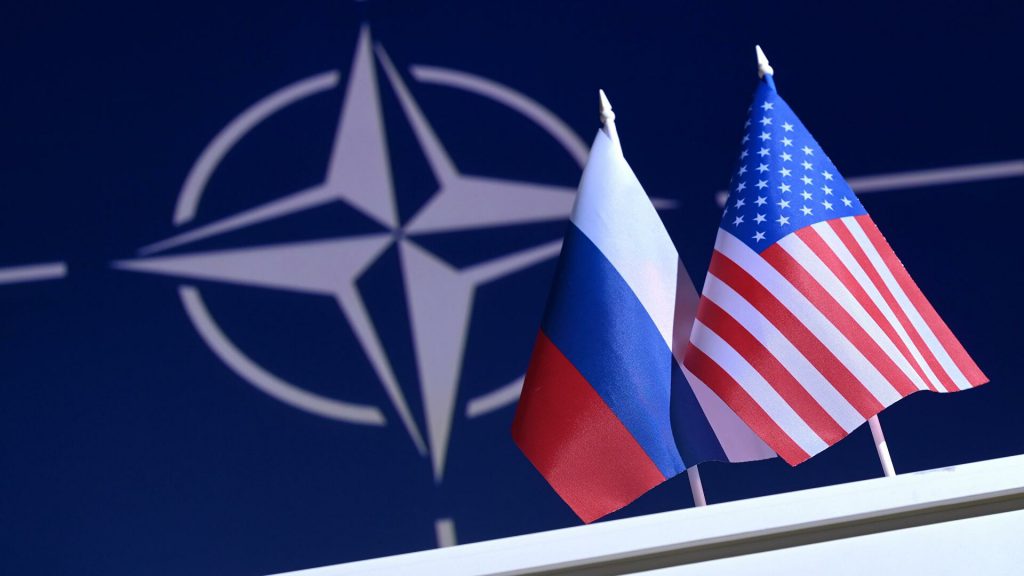Russia requested that the US and its allies cease all military action in Eastern Europe and Central Asia in a broad plan that would establish a Cold War-style security framework, complicating diplomatic efforts to defuse Russia’s mounting military threat to Ukraine.
The Russian proposal, which NATO officials quickly dismissed, came in the form of a draft treaty proposing that NATO provide written guarantees that it would not expand further east toward Russia and would halt all military activities in the former Soviet republics, a vast swath of now-independent states stretching from Eastern Europe to Central Asia.
The ideas formalized a series of requests made by Russian authorities in various forms in recent weeks, including President Vladimir Putin’s video conference with Vice President Joe Biden. They represent goals long pursued by Putin, who, according to observers, is growing increasingly anxious that Ukraine is irreversibly slipping into a Western orbit, posing a significant threat to Russian security.
The demands also reinforced the impression that Putin was willing to take ever-greater risks in order to force the West to pay attention to Russian security concerns and settle long-standing historical grievances.
Sergei Ryabkov, Russia’s deputy foreign minister, detailed the proposal for the first time in public Friday in a video news conference in Moscow, amid a Russian troop buildup near Ukraine’s border that Western officials have taken as an invasion threat.
The demands extended far beyond the present fighting in eastern Ukraine between Ukrainian government forces and Russia-backed separatists. The majority of them were directed at the US and Ukraine’s other Western allies, rather than at Ukraine, which is endangered by the troop increase.
They included a demand for NATO to commit to not extending membership to Ukraine in particular. However, NATO officials stressed that any Eastern European country, including Ukraine, will be considered for membership in the future.
The idea emphasized the United States’ and Russia’s diametrically opposed perspectives on the military situation in Ukraine. Russia claims that the West is fomenting the conflict in Ukraine by spreading anti-Russian sentiment and sending weaponry. The conflict in Ukraine, according to Ryabkov, is a serious threat to Russia’s security.
Russia, on the other hand, is accused by the US and its European allies of inciting the security situation by putting tens of thousands of troops near Ukraine’s border.
Officials from NATO said Friday that Russia’s aspirations for veto power over newly independent countries were unacceptable. They stressed their willingness to engage in a diplomatic discourse about Russia’s security issues, but added that any such engagement would also include NATO’s security concerns about Russian missile deployments, satellite testing, and misinformation activities.
According to the officials, if Russia launches a major new military incursion into Ukraine, as it appears to be planning, NATO would seriously consider sending more troops to allied countries bordering Ukraine, such as Poland and the Baltic states, because Ukraine’s current “strategic depth” against Russia would be harmed or lost.
